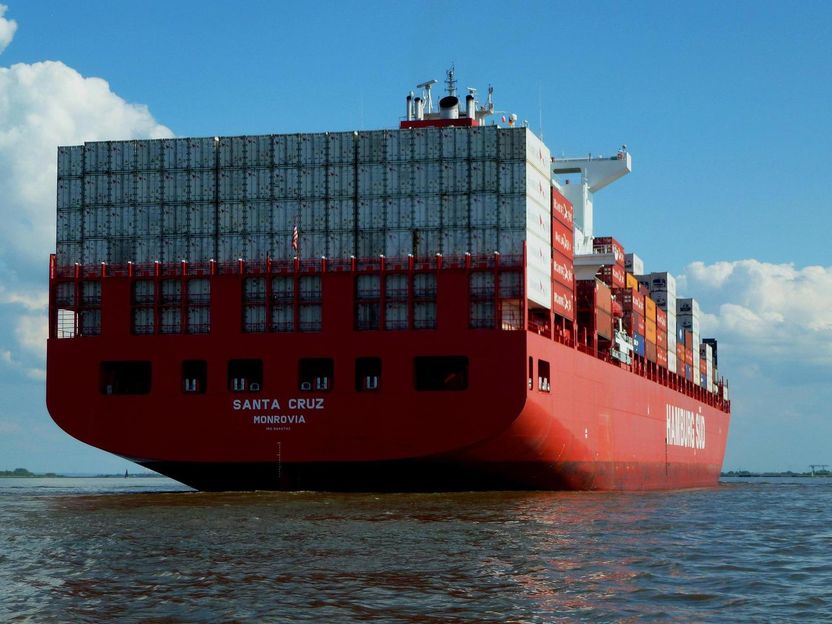Acting prudently - China's role in turbulent agricultural markets
IAMO Policy Brief 45 analyzes China's domestic food security measures in the context of current crises
Advertisement
China is the world's largest consumer and importer of food. As such, the country has considerable influence on price developments in international markets and for global supply situations. The challenges of increased food demand with limited land and water resources at home, as well as price volatility in markets caused by recent geopolitical crises, the COVID-19 pandemic, but also extreme weather events due to climate change, are being met by the Chinese government with numerous food security precautions, including the building of extensive strategic stocks. In IAMO Policy Brief 45, Lena Kuhn, Tinoush Jamali Jaghdani, Sören Prehn, Zhanli Sun, and Thomas Glauben analyze these developments and measures and assess their impact on global markets.
As the world's largest consumer and importer of food, China occupies a central position in global trade patterns. In 2021, China's imports of agricultural products exceeded its exports by 2.6 times, reaching $219.8 billion. With a growing middle class, domestic demand for higher-quality food, especially meat and dairy products, is also increasing. However, both commodities require more land and water resources to produce than, say, grains and vegetables, which have dominated menus.
At the same time, production resources are becoming increasingly scarce. For example, less than 7% of the world's freshwater has to supply 20% of the world's population, making China one of the world's most water-scarce countries. For decades, Chinese agricultural policy has therefore aimed to increase agricultural productivity, but this has been at the expense of already scarce soil and water resources through the increased use of fertilizers, pesticides and irrigation methods.
It is estimated that the current food transition in China would require three to 12 million hectares of additional agricultural land between 2020 and 2050 - a demand that can hardly be met within China.
Now, on June 11, 2022, China's Ministry of agriculture and Rural Affairs (MARA) launched a rural investment program that calls for stabilizing national grain production while expanding soybean and oilseed production. Among the specific measures is "smart" grain storage.
In 2021, the country had 142 million tons of wheat stocks. This means that with 20% of the world's population, China likely holds more than 50% of the world's total wheat stocks in reserve. Similarly, corn plays an important role in feed production. China is a major corn producer with a 95.8% self-sufficiency rate. However, the country is also the world's largest net importer of corn. With 210 million tons at the end of the last marketing year, China held more than two-thirds (68%) of the world's corn stocks.
China's current high demand for strategic agricultural products is often reduced in the public mind as a reaction to short-term shocks such as the COVID- 19 pandemic and, most recently, the war in Ukraine. Significantly underlying, however, are long-term trends, particularly those caused by climate change, population growth, and higher consumption of animal proteins. The increased affluence of significant portions of China's population will continue to steadily increase demand for food on world markets. Productivity increases are not expected to keep pace with this demand in the face of climate change and scarce water resources.
Full self-sufficiency in key food commodities may be an understandable goal, but it cannot be achieved without overexploitation of natural resources and welfare losses. To meet the challenges ahead, China will be tied to international markets so that it does not have to bear the various production, price and logistics risks alone. In this respect, integration into the international agricultural trading system is also essential for China to counter supply risks.
IAMO Director Thomas Glauben is convinced: "International agricultural trade is and remains a key factor for global food security. Even economic giants like China or Germany, and by no means only poorer countries in the global South, are well advised to participate in the international agricultural trade system, especially in times of crisis, and thus ensure sufficient and balanced nutrition for the population."

heju / Pixabay
Note: This article has been translated using a computer system without human intervention. LUMITOS offers these automatic translations to present a wider range of current news. Since this article has been translated with automatic translation, it is possible that it contains errors in vocabulary, syntax or grammar. The original article in German can be found here.


























































